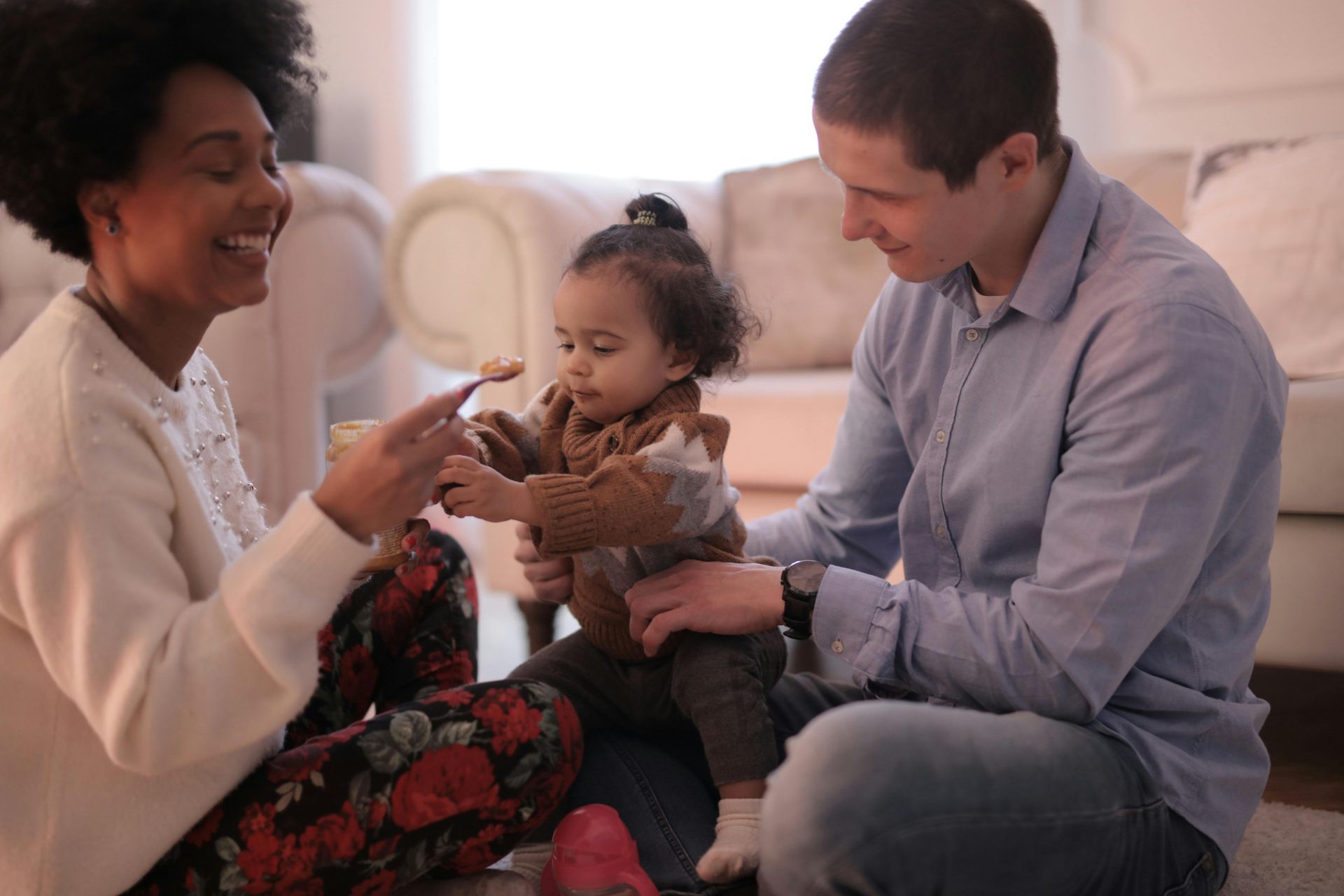Dr. Whitney shares really practical tips on how to boost your productivity and efficiency in your personal and professional life–all without doing it just for productivity’s sake.
EPISODE Highlights:
In the Centered Life Blueprint, we define your non-negotiables as things that have to be addressed with productivity and efficiency because they’re things that HAVE to get done and they have to be done by you. My non-negotiables are going to be different from yours. And there are some that COULD be swapped out (we call them swappables) or delegated to someone else, but in my life, they’re my tasks. Like laundry vs dishes. My husband does the dishes and I do the laundry. Doesn’t mean that’s the only way to do it, just the way it works in our family.
Based on work from Katie Matusky from Entropy Organized, you first have to differentiate all your tasks by responsibilities and projects. Everything in your personal and professional life falls into either category. Responsibilities are things that don’t have an end date and are a standard you’ve set yourself that you have to maintain (like dishes or laundry or, for me, patient notes). You have to find time to get them done.
The key to responsibilities is to designate a specific time and place on your daily or weekly calendar. Without this, we feel busy all the time without feeling like we’re getting anything done. With laundry, I only do it one day a week at night. I don’t spend all week thinking about it, but have it set for that specific time. Katie told me, “You are the gatekeeper for your 168 hours a week. It’s up to you to put anything that doesn’t serve you on the chopping block.” Laundry doesn’t serve me but has to get done, so it’s my responsibility to decide how much I will let it impact my life. And I only let it impact me one night a week.
This allows me room for projects and other things that mean more to me and I want to have a bigger impact. Projects are a series of tasks that are linked to a goal and fall off your todo list once they’re complete. These are one-time tasks. Projects are easier to push to the side but they’re what actually move us forward.
Write down all the projects and responsibilities on a list. Put those responsibilities on your calendar and give them time. Then focus on your projects and compare them to your centered points. What projects deserve the most attention? Which projects serve you and your goals the most? Where do you want to spend your time, energy, and focus? What do you want to complete and why?
Then make each of your tasks as an action item. “Clean the garage” is too wide. Break it down into much smaller actionable items like “remove broken bikes,” “sweep the floor,” or “spray off lawn furniture.” This not only helps you move the needle, but lets you know when you’re done. You need specific action items that you can check off your list.
At the end of the day, take a look at what you’re able to produce with compassion and curiosity. Did you take on too much? Did you allow a task to creep in that shouldn’t have been there and could have been at a different time? Did you put an intense project when you had no energy? This moment of reflection allows you to set your days in the future with more intention.
Embrace selective mediocrity, meaning not every non-negotiable task needs to be done with the same level of excellence. Give 80% of your effort to the things that mean the most and 20% to the things that don’t really matter (bringing cookies to the bake sale vs a project that’s really important…it’s totally okay to bring them store bought.)
Use protocols and shortcuts to streamline repeating tasks. At home this could be simplifying weekday meals (we eat chicken kabobs, broccoli, and a baguette every wednesday and it’s so freaking easy). At work, this could be templates for communicating within your team or even keyboard shortcuts to make your repetitive tasks faster. Think about Zuckerburg and Jobs wearing the same outfits over and over and over so they have less decisions to make in a day.
Make sure you’re single-tasking when you need to do deep work. Stop switching back and forth between tasks because you’re exhausting your brain. “Multi-tasking” only works when you’re pairing two low-brain activities, for instance folding laundry and watching TV. Deep, meaningful work requires single-tasking. And in order to do it, you’ve got to practice. Start by removing your distractions for just a few minutes and then build from there.
Be intentionally unproductive so you can have more energy when it’s time for those heavier tasks. Pay attention to when your peak energy times are and plan to get your most meaningful tasks done then.












